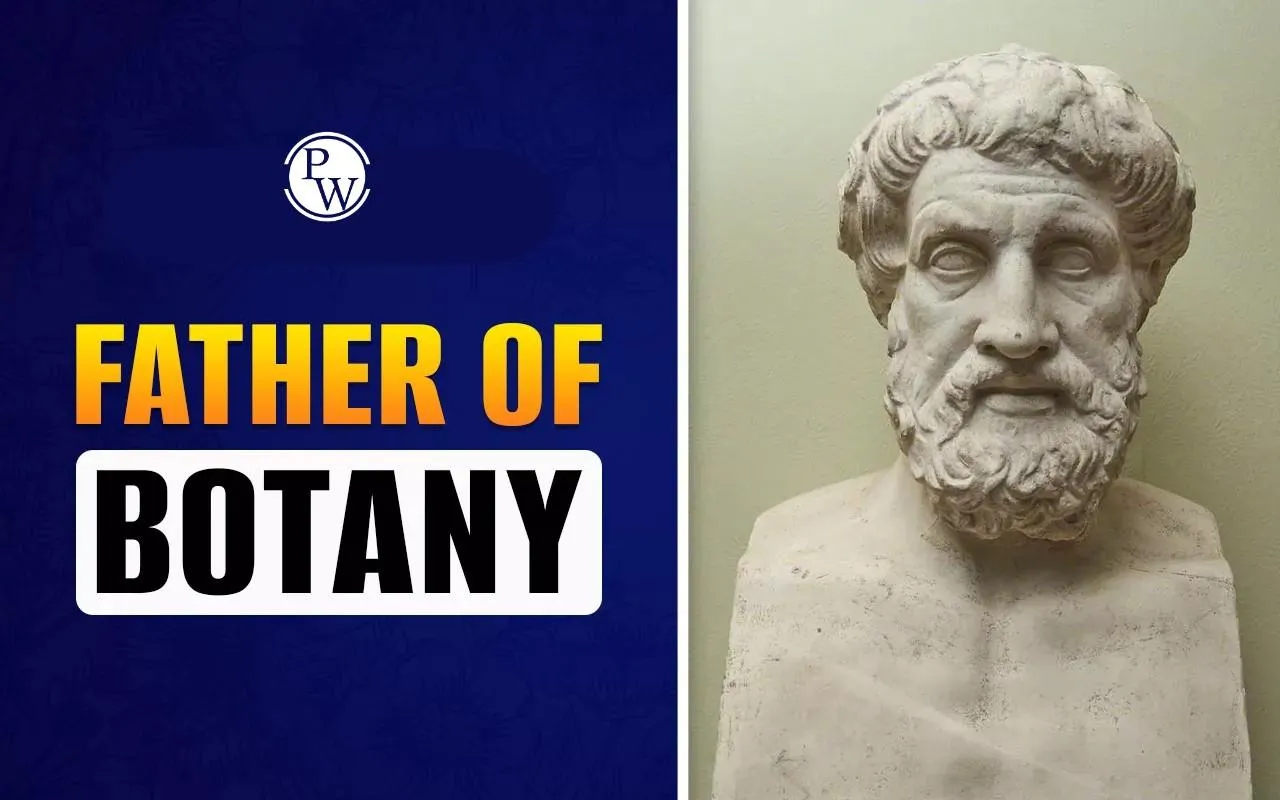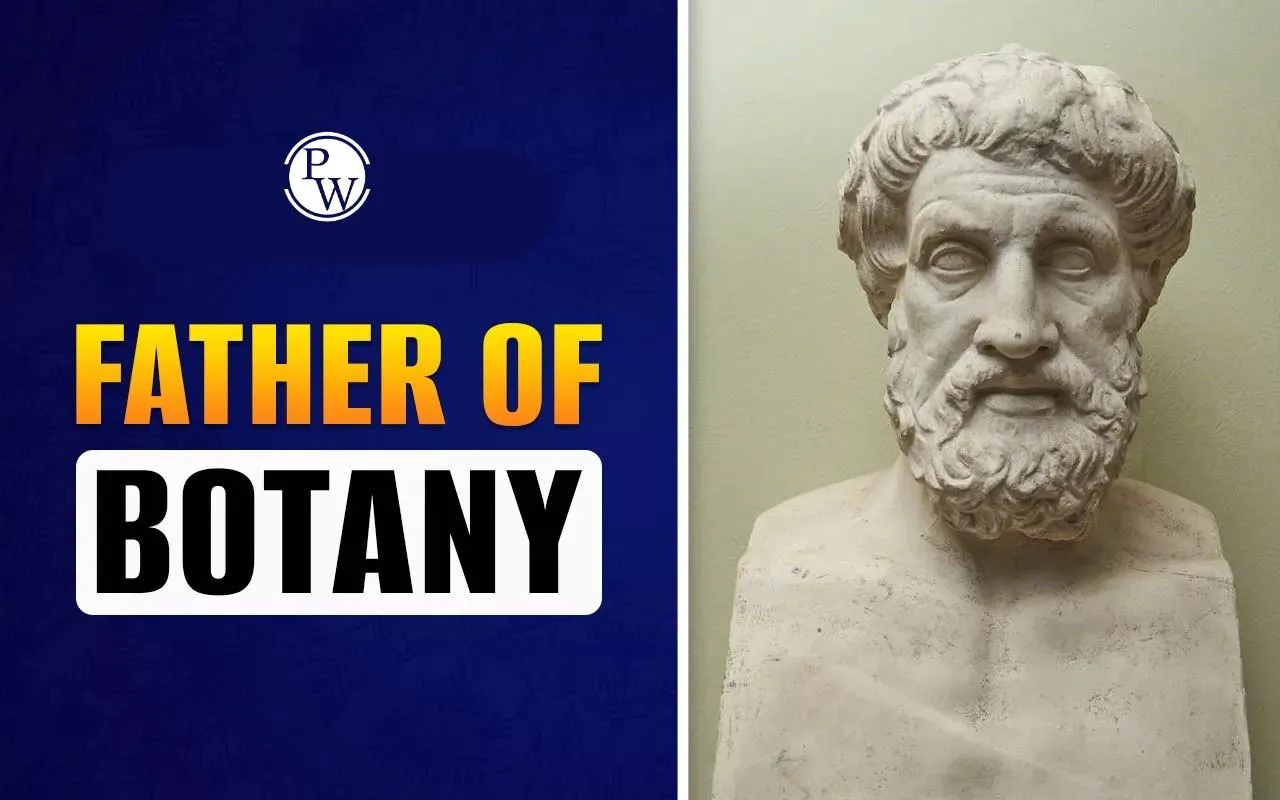

Father of Botany: Theophrastus is regarded as the “Father of Botany”. He is renowned for his groundbreaking work regarding his work in the study and classification of plants. Theophrastus, regarded as the father of botany in the world, distinguished trees, shrubs, and herbs by observing and classifying more than 500 plant species. Further, he recorded with great detail the characteristics, giving insight into modern botany. His two major works, Enquiry into Plants and On the Causes of Plants, established a fundamental framework for the science of botany by exploring plant biology, growth, reproduction, and environmental interactions.
Who was the Father of Botany?
Theophrastus (c. 371 – c. 287 BCE) was a Greek philosopher and naturalist, an immediate disciple and successor of Aristotle. He was at times called the "father of botany in world." He made a distinction in this sphere by raising the study of plants out of the realm of mere uses for medicine and agriculture into a systematic science.
The following are important aspects about Theophrastus:
- He was born about 372 BCE in Eresus, Lesbos, Greece, and was originally named Tyrtamus.
- Due to his eloquence, Aristotle had nicknamed him "Theophrastus," which means "godlike speech."
- Student of Plato and close associate and successor of Aristotle at the Lyceum in Athens.
- Headed the Peripatetic school after Aristotle's death for about 36 years.
- Major botanical works include Enquiry into Plants and On the Causes of Plants, foundational texts in botany.
- Received public honours after his death c. 287 BCE, and influenced later scientific and philosophical traditions.
Theophrastus and His Botanical Contributions
Theophrastus radically changed the understanding of plant life in several ways:
1. Pioneering Works of Botany: He classified the plants as trees, shrubs, and herbs, which was the basic step in plant taxonomy. His two major works on botany describe the plant characteristics, growth habits, modes of reproduction, and environmental relationships.
2. Scientific Approach: Although most of the earlier works were related to the practical use and medicinal aspects of plants, the scientific contribution of Theophrastus was based on empirical observation and logical inquiry. The studies included plant physiology, modes of reproduction, and variations in plants with regard to soil, climate, and cultivation.
3. Plant Classification: Theophrastus classified about 550 species of plants, ranging from the Mediterranean to Asia. His categories prefigured such modern notions as angiosperms and gymnosperms and divisions of flowering plants.
4. Ecological Insight: He is credited with early ecological thinking, with an emphasis on the relationship of plants and their environment, including their interaction with climate, soil, and other organisms.
Legacy and Impact of Theophrastus on Modern Botany
Theophrastus is known as the Father of Botany for initiating the scientific study of plants. His keen observations, classification systems, and abundant writings laid the groundwork for modern botany. He discussed plant physiology, growth, and ecology, thus laying the foundation for scientific thought in these regards, even to this day.
Want to explore Indian Geography? Join PW’s UPSC Courses to strengthen your UPSC preparation today!
